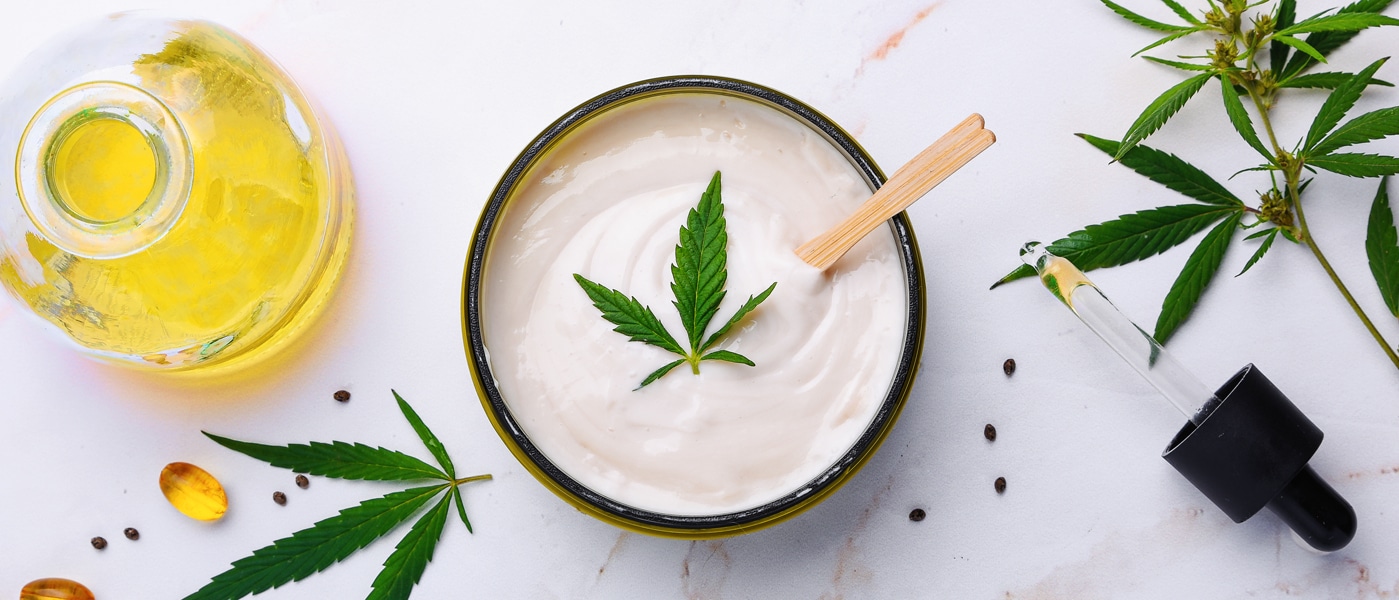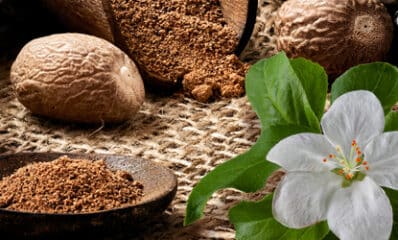
In addition to THC and CBD, the trichromes on a cannabis plant also produce terpenes, aromatic oils that contribute to each strain’s color, flavor and scent. While they won’t get you high, terpenes can be helpful in establishing certain frames of mind like focus or calm. Their effects are just like those from aromatherapy.
The combination of terpenes and cannabinoids on each plant interact to create a very niche, specific feeling known as the entourage effect. More and more labs are beginning to label products with their terpenoid profiles so that customers can have a better understanding of their effects. If you’re shopping for a specific experience, try selecting strains based on a combination of their CBD/THC dominance and terpenoid profile for best results.
Terpenes don’t only occur in cannabis plants. They’re present in almost all plants and foods and are responsible for some of what you feel when you eat them. We’re going to highlight some of the most common terpene profiles below, and we’re pretty sure you’ll recognize at least a few of the properties we describe in some foods you eat every day.

Helps With:
R&R, pain relief
Aroma:
earthy, like cloves
Also Found In:
mangoes, broccoli and thyme

Helps With:
quelling anxiety, improving mood
Aroma:
citrus, specifically oranges
Also Found In:
oranges, grapefruits and spearmint

Helps With:
stress relief, sleep, improving mood
Aroma:
floral, spicy
Also Found In:
lavender, coriander and cilantro

Helps With:
pain, inflammation, anxiety
Aroma:
spicy
Also Found In:
cloves, pepper, hops

Helps With:
inflammation, alertness, reducing anxiety
Aroma:
earthy, like a pine forest
Also Found In:
pine trees, basil, dill

Helps With:
sleep
Aroma:
floral and herbal
Also Found In:
apples, nutmeg and lilacs